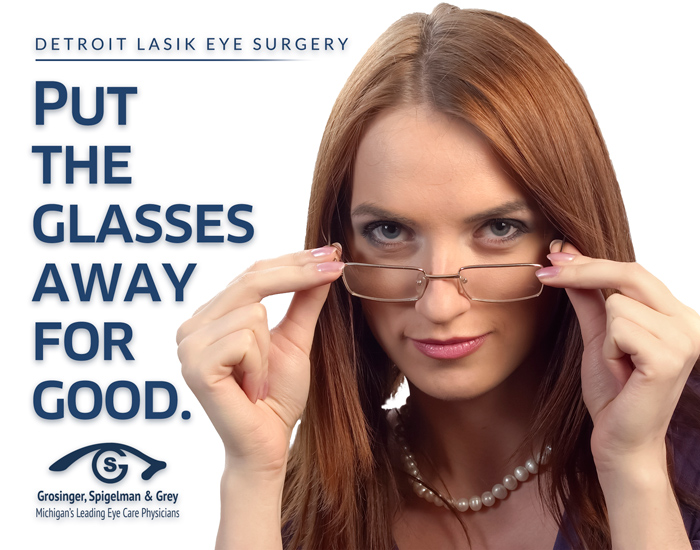 Laser Assisted In Situ Keratomileusis, or LASIK, is one of the most commonly performed ocular surgeries. Most people who elect to have the procedure, do so to eliminate the need for corrective lenses such as contacts or glasses. LASIK eye surgery is used to change the shape of the cornea so that it reflects light into the retina properly. Laser eye surgery is primarily used to treat myopia (nearsightedness), hyperopia (farsightedness), and astigmatism (irregularly shaped cornea). As with any surgery it is important to have a good understanding of pre-and post-operative care as well as the procedure itself.
Laser Assisted In Situ Keratomileusis, or LASIK, is one of the most commonly performed ocular surgeries. Most people who elect to have the procedure, do so to eliminate the need for corrective lenses such as contacts or glasses. LASIK eye surgery is used to change the shape of the cornea so that it reflects light into the retina properly. Laser eye surgery is primarily used to treat myopia (nearsightedness), hyperopia (farsightedness), and astigmatism (irregularly shaped cornea). As with any surgery it is important to have a good understanding of pre-and post-operative care as well as the procedure itself.
Before, During, and After LASIK Surgery
Before laser eye surgery is performed, patients will undergo a thorough examination with an ophthalmologist to determine if surgery is an option. If it is determined that surgery can be performed, a pre-operative care routine is established in the weeks before surgery. Patients who wear contacts, which can change the shape of the cornea, will be instructed to stop wearing them and begin wearing glasses full time for several weeks before the surgery date. In addition to wearing glasses, patients must clean their eyelashes regularly and refrain from using eye makeup a few days before and after surgery. Patients will need to have a ride home as their eyes will be extremely sensitive.
The LASIK procedure is short, with average surgeries lasting between 60-90 minutes from start to completion. Before the surgery begins the patient will be given a mild sedative and anaesthetic eye drops will be applied. The eye is then stabilized and a special tool called a microkeratome is used to cut a small flap in the cornea, which is pushed to the side. A specially designed laser is then used to reshape the cornea and the flap is set back in place.
After surgery, a patient’s eyes will be extremely sensitive. The doctor will prescribe medicated eye drops as well as synthetic tears to keep the eyes moist. In addition to eye drops, patients will be given dark glasses or goggles to protect the eyes from bright lights and rubbing. It is important to follow all instructions given by the ophthalmologist to ensure proper healing. A follow up visit will be scheduled to ensure that the eyes are healing properly.
Grosinger, Spigelman & Grey have been mastering corrective laser eye procedures since the technology’s discovery and beta phase many, many years ago. Now harnessing some of the very best options available (like LenSx and Allegretto), Eye Michigan has the right answer for you so contact us today!
